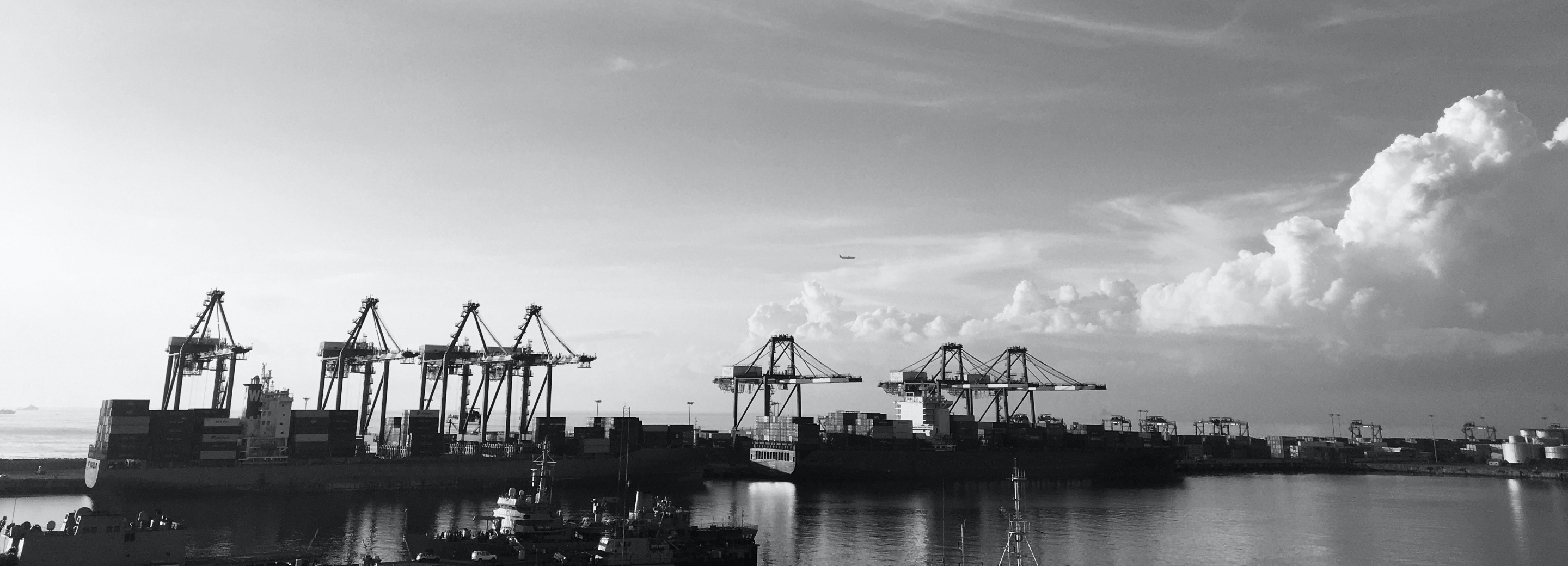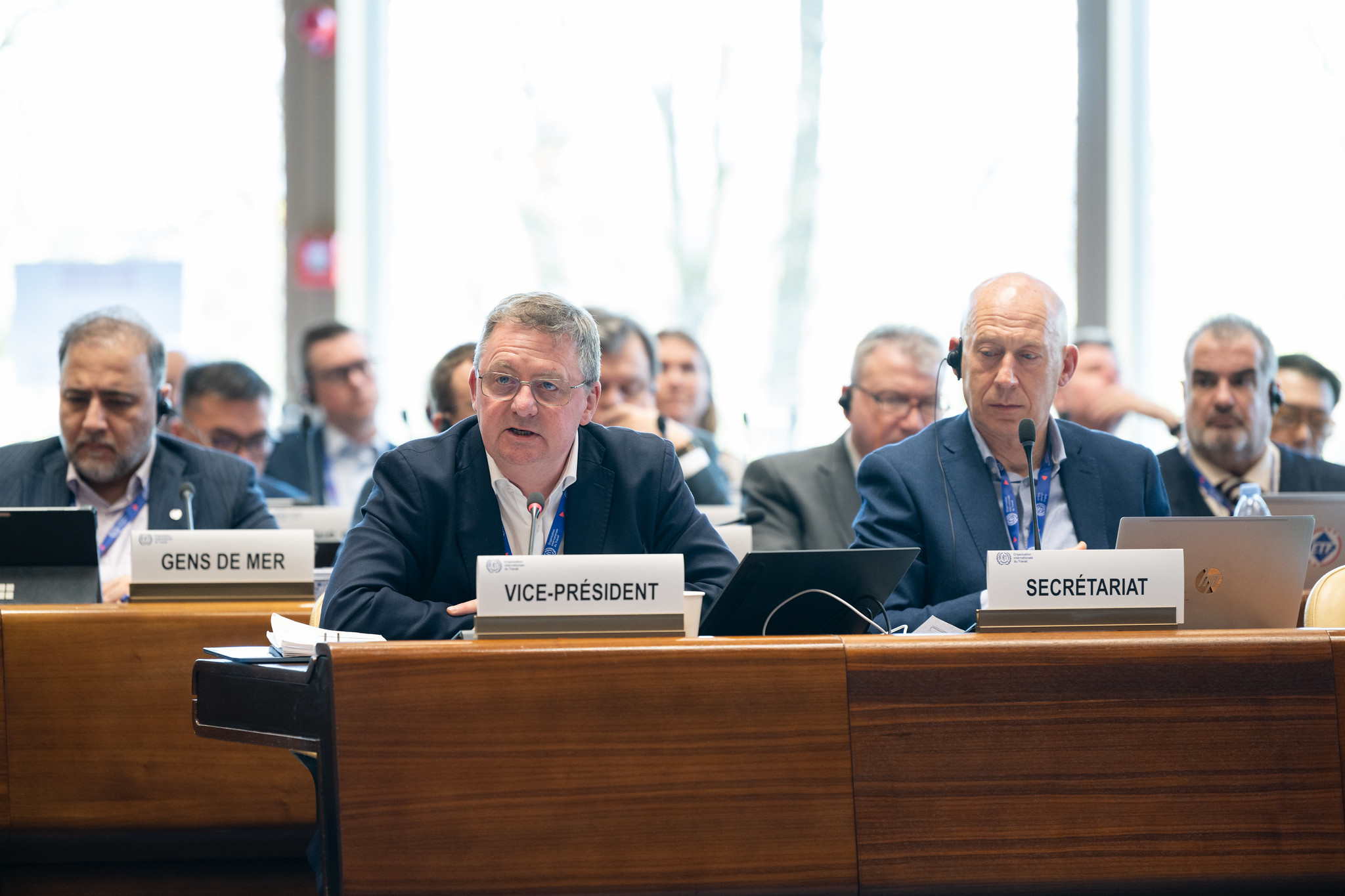
Landmark changes to the Maritime Labour Convention (MLC) mean seafarers are officially recognised as ‘key workers’ by the International Labour Organization (ILO).
The Seafarers’ Group at the ILO led by International Transport Workers’ Federation (ITF) affiliates has won a raft of significant changes to seafarers’ rights in Geneva this week.
Seafarers are now referenced as ‘key workers’, marking a major step forward in seafarers’ rights and coming after a week of intense negotiations between the ILO, governments, shipowners and seafarers.
This new status, backed by a resolution calling for its early recognition, seeks to ensure that seafarers receive better protection, easier access to medical care and travel, and stronger support at all times.
The ITF has advocated for seafarers to be recognised as key workers since the Covid-19 pandemic began in 2020.
Seafarers’ Group spokesperson and ITF Seafarers’ Section Vice Chair, Mark Dickinson, said: “For the first time in any ILO instrument we have a reference in the Code to seafarers as key workers. How seafarers were treated during Covid-19 has not been forgotten, and we have made sure, as best we can, that it won’t be repeated.
“We’ve also secured strong commitments from governments on the treatment of seafarers on shore leave, repatriation and access to medical care.”
Among 16 proposed changes tabled by governments, shipowners and the Seafarers’ Group at the ILO Special Tripartite Committee (STC), the key focus was on enhancing support for seafarers' wellbeing, including clearer regulations for shore leave and better health protocols onboard ships.
Crucially, commitments on preventing and eliminating violence and harassment have been strengthened via new MLC provisions that will seek to eradicate unacceptable behaviour.
Dickinson explained the changes won on hours of work and rest – which will now be discussed jointly at the ILO-International Maritime Organization (IMO) Tripartite Working Group after a resolution endorsing this passed – and the criminalisation of seafarers.
“We also secured a commitment to further action on hours of work and rest, and we anticipate that future discussions will address the lack of enforcement of the existing regulations and exemptions – but also, in cooperation with the IMO, review the current rest and work hour limits to reduce fatigue,” he said.
“The guidelines on the Fair Treatment of Seafarers are now referenced in a mandatory standard in the Code obliging governments to take due account of the guidance covering maritime accidents and alleged crimes.
“This is really significant in our continued fight against the unjust treatment and criminalisation of seafarers.”
At the end of the week, five further resolutions were also put forward. These included plans to extend the mandate of the ILO-IMO joint tripartite working group to continue work on ‘human element’ issues such as seafarer abandonment and fatigue.
“The maritime industry faces skills, recruitment and retention crises – and seafarers will not join a fragmented industry where abuses go unchecked and where fatigue and criminalisation are rife,” said ITF Seafarers’ Section Coordinator, Fabrizio Barcellona.
“Seafarers must be guaranteed fulfilling careers in which all their rights are protected and respected – and this week we’ve taken another important step towards that future.”
ENDS
Notes
The Maritime Labour Convention, adopted by the ILO in 2006 and entered into force in 2013, is often referred to as the “Seafarers’ Bill of Rights.” It consolidates and updates nearly 70 international labour standards related to maritime work. The Special Tripartite Committee (STC) was established to keep the Convention under review and ensure its continuous improvement.
